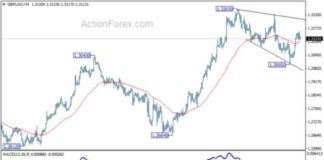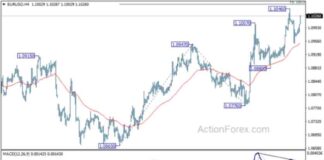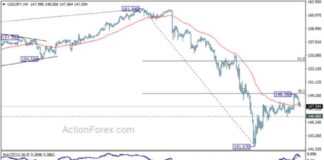Amidst the global concerns surrounding China’s economy, some investors are doubling down on their bets on the country’s potential for growth. Despite facing challenges such as property issues and sluggish economic data, some market thinkers remain optimistic about China’s future prospects.
Billionaire Investors Staying Bullish
Renowned investors like David Tepper and Michael Burry have recently reaffirmed their confidence in the Chinese market. Tepper, the founder of Appaloosa Management, has maintained Alibaba as his top holding, even after reducing his stake in the company by 7% in the second quarter. Alibaba represents 12% of Appaloosa’s $6.2 billion equity holding, indicating Tepper’s continued belief in the company’s potential.
Tepper has also expanded his investments in other Chinese companies, including JD.com and KE Holdings, as well as two Chinese exchange-traded funds, which now make up a significant portion of Appaloosa’s stock portfolio. Similarly, Michael Burry, famous for his role in “The Big Short,” has increased his position in Alibaba, making it his largest holding. Burry’s portfolio also includes other Chinese tech stocks like Baidu and JD.com, showcasing his confidence in the Chinese market.
Market Sentiment and Outlook
BCA Research has upgraded Chinese onshore stocks to overweight, with China strategist Jing Sima anticipating that Chinese onshore stocks will outperform global equities. This positive sentiment is echoed by veteran investor George Boubouras, who sees opportunities in emerging markets and has a strategic focus on Beijing. Boubouras highlights the potential for exporters to China, emphasizing the strength of their earnings in developed markets.
However, not all views on China are optimistic. Goldman Sachs recently exited its long-term position on copper and revised its price forecast for 2025 due to softening Chinese demand for the metal. Bank of America has also revised its growth forecast for China downwards to 4.8%, reflecting a more cautious outlook on the country’s economic performance.
Economic Indicators and Trends
Despite challenges, there are signs of positive growth in certain sectors of the Chinese economy. Retail sales in Beijing have been steadily increasing, with a 2.7% rise in July compared to the previous year. This upward trend marks the 18th consecutive month of expansion in retail trade, indicating resilience in consumer spending.
Additionally, China’s tourism industry has seen a surge in activity during the summer season. The country recorded approximately 872 million passenger trips, a 6.2% increase from the previous year. This growth is attributed to factors such as the Lunar New Year holidays, the Paris Olympic Games, and rising demand for flights between China and key international destinations.
Looking ahead, Chinese air travel is projected to reach record levels in 2024, surpassing the previous year’s figures. The Civil Aviation Administration anticipates passenger flights to reach 700 million this year, highlighting the resilience and growth potential of the aviation sector in China.
In conclusion, while uncertainties persist in the Chinese economy, some investors remain optimistic about the country’s long-term prospects. By strategically positioning their investments and capitalizing on emerging opportunities, investors like David Tepper and Michael Burry are demonstrating their confidence in China’s ability to weather current challenges and drive future growth. As economic indicators and trends continue to evolve, monitoring market developments and adapting investment strategies accordingly will be crucial for navigating the dynamic landscape of the Chinese market.

















